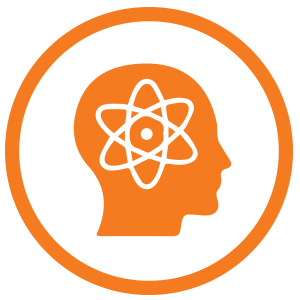Adult Basic Education, Adult Secondary Education, and English as a Second Language Instructors
What They Do: Teach or instruct out-of-school youths and adults in basic education, literacy, or English as a Second Language classes, or in classes for earning a high school equivalency credential.
Also Called: Adult Basic Education Instructor (ABE Instructor)Adult Basic Education Teacher (ABE Teacher)Adult Education InstructorAdult Education TeacherESL Instructor (English as a Second Language Instructor)ESL Teacher (English as a Second Language Teacher)ESOL Teacher (English for Speakers of Other Languages Teacher)GED Instructor (General Educational Development Instructor)GED Teacher (General Educational Development Teacher)Teacher
Resource Details
 Knowledge
Knowledge
| Name | description |
|---|---|
| English Language | Knowledge of the structure and content of the English language including the meaning and spelling of words, and rules of composition and grammar. |
| Education and Training | Knowledge of principles and methods for curriculum and training design, teaching and instruction for individuals and groups, and the measurement of training effects. |
| Customer and Personal Service | Knowledge of principles and processes for providing customer and personal services. This includes customer needs assessment, meeting quality standards for services, and evaluation of customer satisfaction. |
| Administrative | Knowledge of administrative and office procedures and systems such as word processing, managing files and records, stenography and transcription, designing forms, and workplace terminology. |
| Administration and Management | Knowledge of business and management principles involved in strategic planning, resource allocation, human resources modeling, leadership technique, production methods, and coordination of people and resources. |
| Mathematics | Knowledge of arithmetic, algebra, geometry, calculus, statistics, and their applications. |
| Psychology | Knowledge of human behavior and performance; individual differences in ability, personality, and interests; learning and motivation; psychological research methods; and the assessment and treatment of behavioral and affective disorders. |
| Sociology and Anthropology | Knowledge of group behavior and dynamics, societal trends and influences, human migrations, ethnicity, cultures, and their history and origins. |
| Computers and Electronics | Knowledge of circuit boards, processors, chips, electronic equipment, and computer hardware and software, including applications and programming. |
| Communications and Media | Knowledge of media production, communication, and dissemination techniques and methods. This includes alternative ways to inform and entertain via written, oral, and visual media. |

